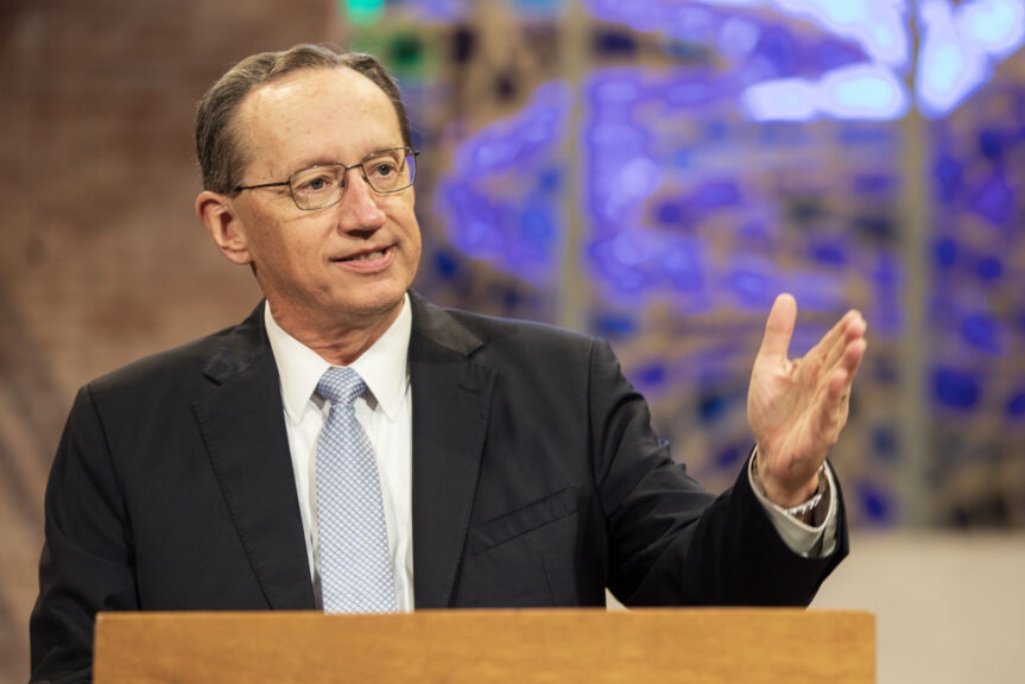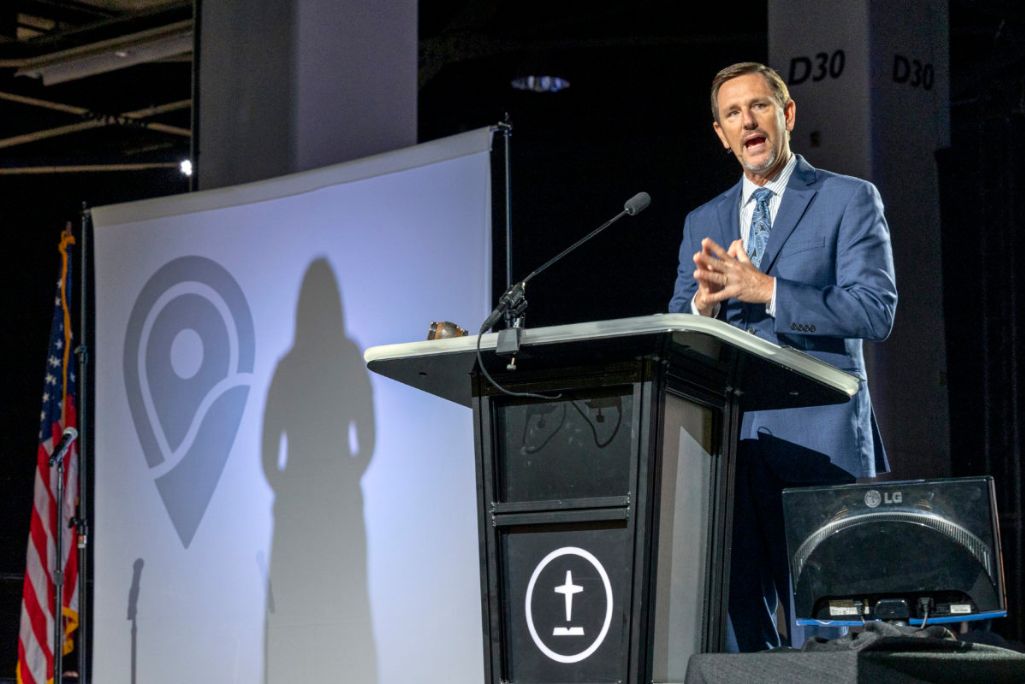
The messengers at the Southern Baptist Convention (SBC) annual meeting in Indianapolis have affirmed a resolution titled “On the Ethical Realities of Reproductive Technologies and the Dignity of the Human Embryo.” In doing so, Southern Baptists have given local churches a helpful tool for thinking biblically about the practical implications of in vitro fertilization (IVF).
The text of the resolution thoughtfully lays out the biblical foundation of the pro-life position: Every human being is made in the image of God from the moment of fertilization and possesses an inherent right to life. The resolution also recognizes the holy desire for procreation in the context of marriage between a man and a woman. It also laments with great empathy “the searing pain of infertility.”
Applying these biblical truths, the resolution observes the empirical fact that IVF treatment routinely generates more embryos than can be safely implanted, resulting in the destruction of human life. The IVF process, no matter how well intentioned, often results in death and dehumanization.
The resolution does not call for an end to IVF treatment, as some have wrongly concluded. Rather, it calls upon Southern Baptists “to only utilize reproductive technologies consistent with that affirmation especially in the number of embryos generated in the IVF process.” Furthermore, it commends “couples who at great cost have earnestly sought to only utilize infertility treatments and reproductive technologies in ways consistent with the dignity of the human embryo.”
In passing the resolution, Southern Baptists have taken a biblical, measured and charitable stand for human life. Southern Baptists have done so in a way that reflects doctrinal commitment to the separation of church and state as clearly articulated in Article XVII of the Baptist Faith and Message 2000. The resolution calls for Southern Baptists to “advocate for the government to restrain actions inconsistent with the dignity and value of every human being, which necessarily includes frozen embryonic human beings.” In doing so, it affirms the separate spheres of church and state, proactively engaging the public sphere with the truths of Scripture.
Consistent with Southern Baptist doctrinal views of individual conscience, the resolution does not prescribe advocacy or kinds of restraint. These matters of individual conscience will be worked out at local, state and national levels.
As Southern Baptists return home to their local churches, the resolution helps local ministry leaders to provide pastoral care to church members struggling with infertility. It also benefits those desiring to faithfully execute their role as dual citizens and hopeful to apply biblical truth in the public square in three specific ways.
First, the resolution commends reasoning from Scripture. Southern Baptists are guided by biblical principles, not pragmatism. The resolution compiles relevant biblical passages in a way that is helpful for ministry leaders by highlighting both the image bearer as deserving of dignity and providing numerous examples of those who suffer with infertility. The resolution is a reminder that there is hope and reason in God both to both protect life and comfort those who suffer.
Second, the resolution applies a consistent pro-life ethic. The same ethic of imago Dei that led Southern Baptists to pass resolutions against slavery, segregation, racism and abuse has been consistently applied to IVF. This ethic is not new, but it needs to be applied consistently, even in delicate matters such as IVF. The resolution is helpful to ministry leaders seeking to give consistent biblical counsel.
Third, the resolution leaves ample room for medical professionals and legislators in their respective spheres. Southern Baptists have once again shown their respect for common grace and civil power. Ministry leaders benefit from the humility and restraint reflected in the resolution.
While many other denominations have long since abandoned the authority, inerrancy and sufficiency of Scripture, Southern Baptists have taken a principled stand that has helpful ministry implications for local churches.
(EDITOR’S NOTE — Adam Groza is the president of Gateway Seminary of the Southern Baptist Convention.)


